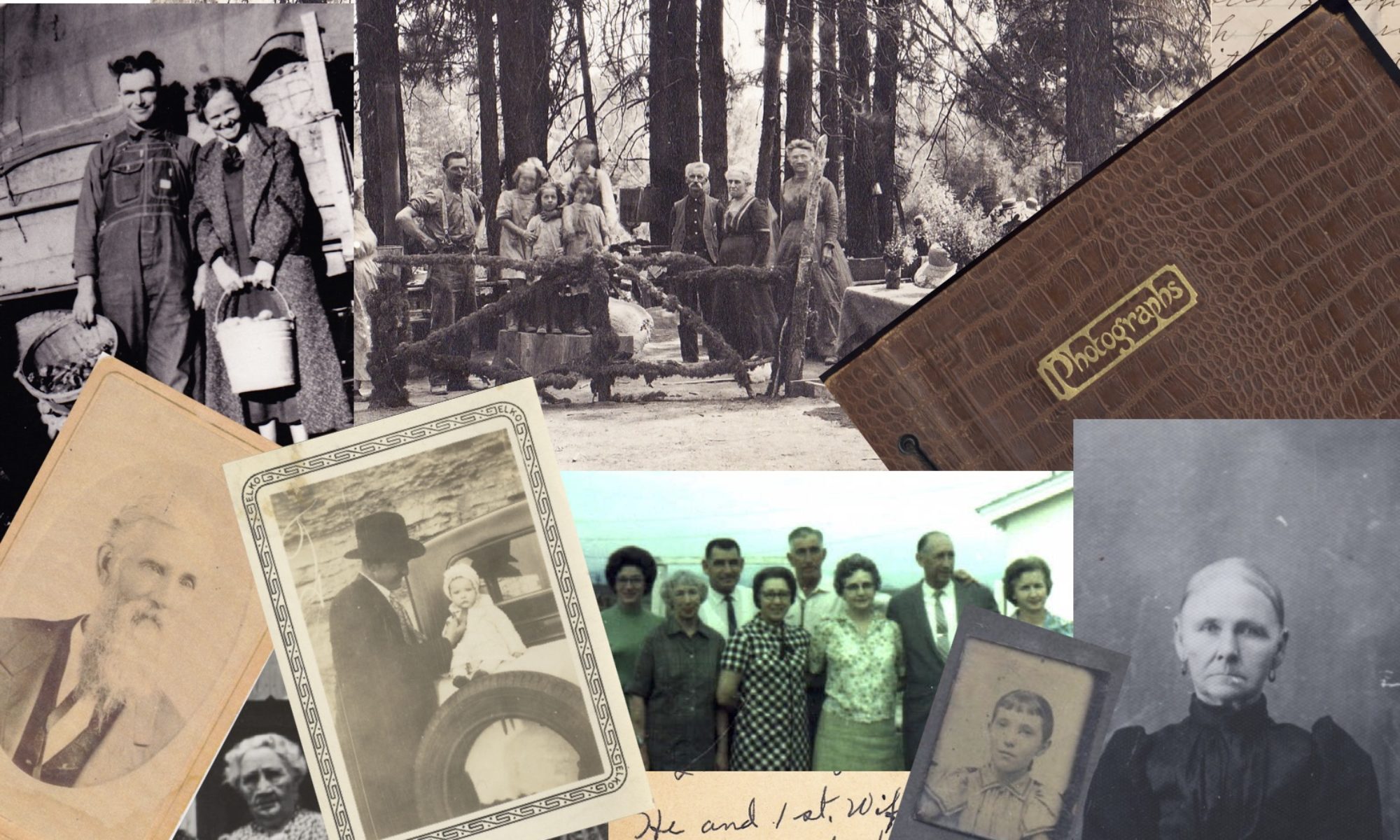It’s been a busy year in genetic genealogy! I’m getting a head start on reviewing the year as I plan for 2024.
You can still find me as a coach over at Your DNA Guide. Through that opportunity, I’ve connected with many people learning how powerful DNA can be to support their understanding of their family and themselves.
In addition to creating course content and coaching people at Your DNA Guide, I’ve worked with clients who are surfacing their family’s involvement in slavery. It’s an honour and privilege to support efforts to face history. Much of this work is on WikiTree as part of the US Black Heritage Project.
I’ve also enjoyed many great educational opportunities such as the 15th Annual Conference on Genetic Genealogy and the National Genealogical Society’s course on Empowering Genealogists with AI.
I’ve also provided educational opportunities for WikiTree, the Linked Descendants group at Coming to the Table, and the Indiana African American Genealogy Group. I am doing one more presentation this year for the Virtual Genealogical Association.
Next year, I’m looking forward to revamping this website, offering a hands-on course for people getting started with their DNA, and being part of an instructor team at the Genealogical Research Institute of Pittsburgh for a course coordinated by my teammate at Your DNA Guide, Kelli Bergheimer. I’ll be coaching participants in all of the Your DNA Guide courses and supporting other Academy Offerings. As part of the Your DNA Guide team, I will be attending RootsTech. I’ll be speaking for a couple of genealogy societies and expect to have a chance to work with others as the year unfolds.
Working on my own genealogy has included moving more of my family to WikiTree. This includes the ancestors of my grandchildren, which has given me an opportunity to work with more DNA testers and explore records in new geographic areas! I continue to make slow progress on some of my own DNA puzzles.
Thanks for following me on this journey!
